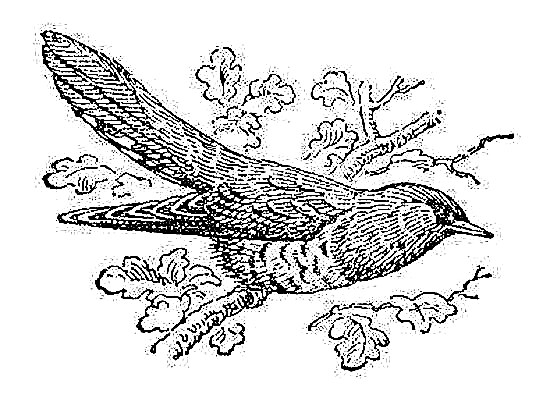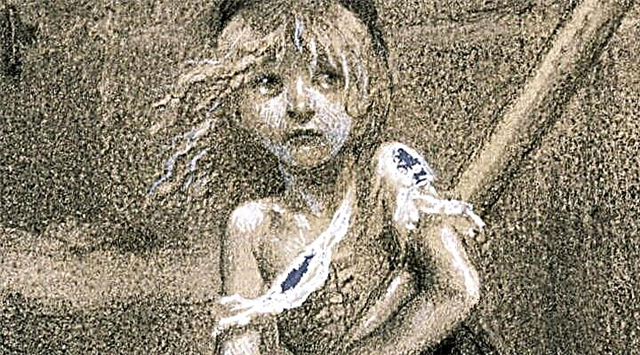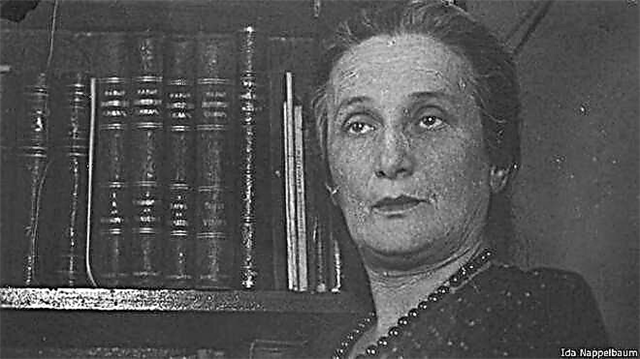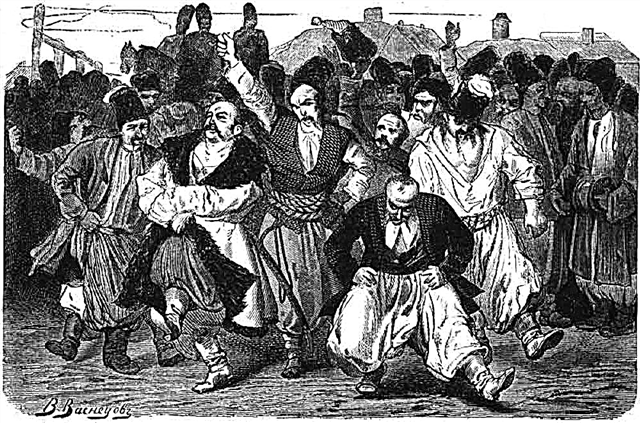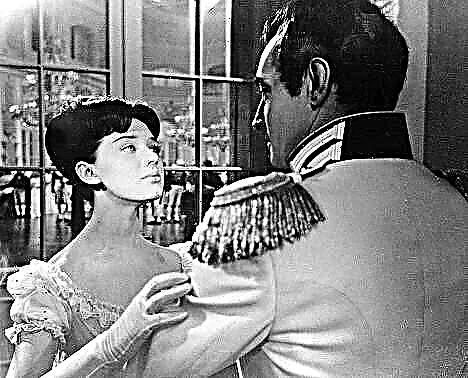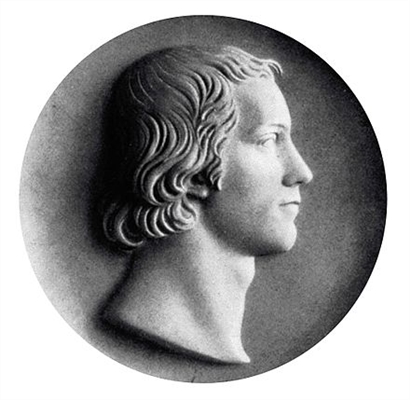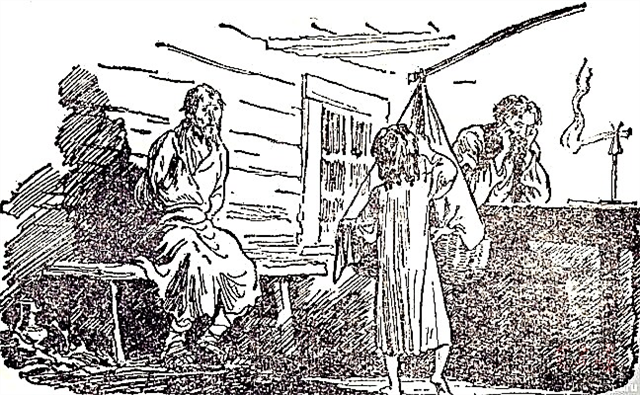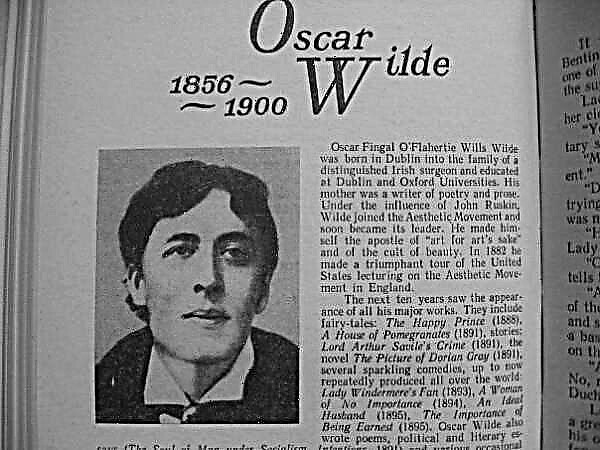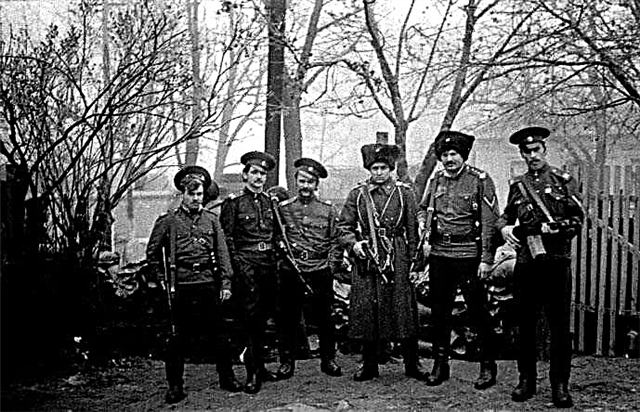This book is the pearl of ancient Chinese philosophy, the legendary monument of literature, where the main provisions of Confucian teachings are concentrated. Russian Sinologist
Confucius is an ancient Chinese thinker and philosopher. His teachings had a profound impact on the life of China and East Asia, becoming the basis of a philosophical system known as Confucianism. Already at the age of a little over 20 years, he became famous as the first professional teacher of the Celestial Empire.
Although Confucianism is often called religion, it lacks the institution of a church, and theological issues are not important to it. Confucian ethics are not religious. The ideal of Confucianism is the creation of a harmonious society according to an ancient model in which every personality has its own function.
A harmonious society is built on the idea of devotion - loyalty in relation between the boss and the subordinate, aimed at maintaining harmony and this society itself. Confucius formulated the golden rule of ethics: “Do not do to a person what you do not want for yourself.”
Chapter i
Humanity is rarely found in cunning speeches and insinuating facial expressions.
Young people at home should be respectful to their parents, while away from home, they should be respectful to their elders, distinguished by caution, sincerity and truthfulness, abundant love for everyone and be close to humane people. If, upon fulfillment of this, free time remains, then it should be devoted to teaching.
Whoever, during the life of his father, peered at his intentions, and after death looks at his deeds and within three years does not change the order established by his father, can be called respectful.
Do not worry that people do not know you, but worry that you do not know people.
Chapter II
If you lead the people through laws and maintain order through punishments, then although he will try to avoid them, he will not have a feeling of shame; if he is guided by virtue and maintained order through ceremonies, then he will have a sense of shame, and he will be corrected.
He who repeats the old and learns the new can be the leader for others. Without constant repetition, one can fear that old knowledge will be forgotten, and thus there will be no soil (support) for acquiring new knowledge.
Who is a noble husband? One that acts first and then speaks.
A noble husband takes care of common, not party interests, and the low man, on the contrary, cares about party, not common interests.
Teaching without thinking is useless, but thinking without teaching is dangerous.
The exclusive practice of alien teachings can only be harmful.
To listen a lot and to leave aside the dubious, and to talk about the rest carefully, - then there will be few accusations; watch a lot and leave aside the dangerous, and otherwise act cautiously - then there will be little reason to repent; and if due to speeches there will be few accusations, and few acts of repentance in actions, then there will be a salary.
What needs to be done to make people subdued? If you elevate direct people and eliminate dishonest people, then the people will be subdued; if you elevate dishonest and eliminate direct people, then he will not be submissive.
To make sacrifices to other people's penises means to curry favor. To recognize a duty and not fulfill it is cowardice.
Chapter III
Serving the Emperor in compliance with all the rules people recognize for flattery.
Chapter iv
A noble husband knows duty, and a low man knows profit.
When you see a worthy person, think about comparing yourself with him, and when you see a person who is unworthy, consider yourself (out of fear that you would have the same shortcomings).
Rarely are those who behave restrainedly mistaken.
Chapter v
What I do not want others to do to me, that I do not want to do to others.
Tzu-lu, having heard something good that he still could not carry out until now, was afraid only that he would not hear anything else new.
Why was Kun Wen Tzu called "educated?" Despite his quick mind, he loves to learn and is not ashamed to address questions to lower ones, that's why he was called educated.
Four qualities of a noble husband: modest in his behavior, respectful of elders, generous in subsistence of the people and fair in the use of his labor.
Yan Ping-chung was skilled in dealing with people, respecting them even after a long acquaintance.
Ji Wen-tzu will think three times, and then he will fulfill. Hearing about this, the Philosopher said: "And twice enough."
The philosopher said: "I have not seen a man who could notice his errors and internally condemn himself for them."
Chapter vi
Is it not possible to rule a people, being attentive to itself and liberal in activity? But to be undemanding both to oneself and to one’s own activity - will it not be too undemanding?
When nature takes precedence over artificiality, then we have rudeness, and when artificiality prevails over nature, we have hypocrisy; and only a proportional combination of nature and artificiality gives a noble person.
Chapter VII
The philosopher said: “In silence, enrich yourself with knowledge, learn with insatiable thirst and enlighten people without knowing fatigue - which of these three qualities is in me?”
The philosopher taught four subjects: writing, morality, devotion and sincerity.
Chapter viii
For a person in a high position, three things are important in the rules of conduct: body movements, free from rudeness and negligence; expression close to sincerity; and the tone of speech, free from vulgarity and inconsistency.
Chapter IX
The philosopher was free from the following four subjects: prejudice, confidence, stubbornness and selfishness.
Can one not follow reasonable advice? Yes, but a correction is important in this case. But if a person takes advice, but is not corrected, I cannot do anything about it.
Honor the main devotion and sincerity, do not be friends with unlike yourself; wrong - do not be afraid to improve.
Chapter xi
Lusci wanted to rebuild a long pantry. Ming-tzu-jian said: “I would leave it to the old. What do you think? Why rebuild? ” Confucius said: "This man does not speak in vain, but if he says something, he will certainly get to the very point."
Chapter xii
Management consists in relentlessly focusing on it and not acting hypocritically.
Zi-Zhang asked: "What should be a scholar who could be called truly glorious?" “Whom do you call truly glorious?” Asked Confucius. Tzu-chan replied: "One who certainly enjoys fame both in the state and in the family."
“But it will be famous, and not truly glorious,” said Confucius, “a truly glorious one has natural directness and loves the truth, delves into words and looks at the expression on his face, takes care to put himself lower than others - such, no doubt, will be truly glorious both in the state and in the family. And the famous one is the one who takes the form of a humanist, while his actions contradict this and, unaware, he is in this error. This will be known both in the state and in the family. ”
Chapter xiii
If someone corrects himself, then what is the difficulty for him to participate in management? If someone is not able to correct himself, then how will he correct others?
Chapter xiv
Can a loving person not encourage the work of the one he loves? Can a devotee not admonish his sovereign?
The noble husband says little, but does a lot.
A noble husband has three subjects: love of man without sorrow, knowledge without error, and courage without fear.
Chapter xv
If a person in any business does not ask himself “what to do?”, Then I do not know how to be with him (how to help him).
If you are demanding of yourself and condescending to others, then you will get rid of grumbling.
A noble husband seeks the causes of his failures in himself, and a vile person seeks them in others.
When everyone hates or loves someone, you need to test it.
Errors that cannot be fixed are real mistakes!
I spent whole days without food and whole nights without sleep, but I found that thinking alone is useless and that it is better to study.
A noble husband can hardly show himself in the details, but he is able to carry important responsibilities. An insignificant person cannot bear important duties, but he can show himself in small matters.
People walking in different ways cannot work together.
Chapter xvii
Only supreme knowledge and supreme stupidity remain unchanged.
Six shortcomings: to have a love for humanity and not to learn - the disadvantage of this will be stupidity (simplicity); to have a love of knowledge and not love to learn - the disadvantage of this will be shakiness (groundlessness); have a love of clarity and not like to learn - the disadvantage of this will be harm to people; to love directness and not to love to study - the flaw in this is ardor; to love courage and not love to learn - indignation will be a disadvantage of this; love hardness and not learn - the disadvantage of this is folly.
Chapter XIX
An insignificant (vile) person certainly covers up his mistakes.
The mistakes of a noble husband are like solar and lunar eclipses. People see all his mistakes, and when he corrects them, they look at him with respect.

 Why do we buy
Why do we buy